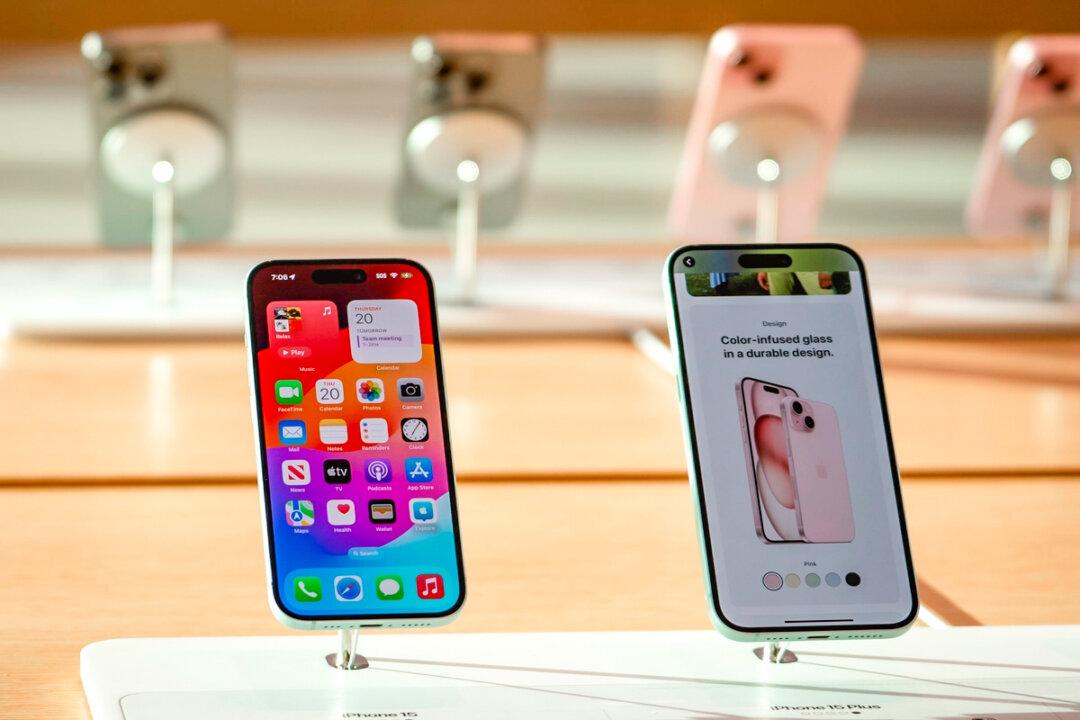Apple has stopped providing its highest-level data security protections to new users in the UK after the British government reportedly demanded backdoor access to user data.
An Apple spokesperson confirmed that the iPhone maker will no longer offer the Advanced Data Protection (ADP) feature to new users and will eventually disable it for existing users as well.





